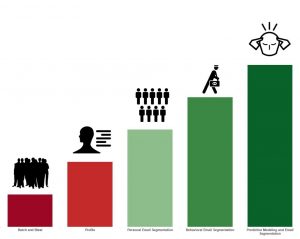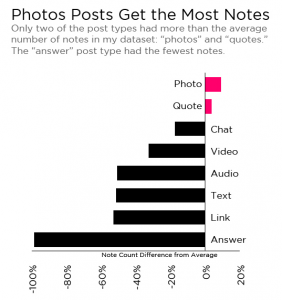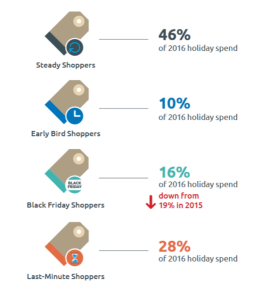When Advertising Becomes Obsolete
Advertising as a way to provide information doesn’t work anymore, according to an assistant professor of law at the University of Kentucky.
That’s contrary to Google’s mantra of making ads relevant and useful. In fact Google refers to “relevance” as a way to define how useful your information is to your customer’s search.
Ramsi Woodcock, the assistant professor, believes that the vast amount of product information available to consumers through online search renders most advertising obsolete as a tool for conveying product information and, well, relevance.
The sentiment appears in a Yale Law Journal article published in June titled The Obsolescence of Advertising in the Information Age. Woodcock argues that advertising remains useful to firms only as a tool to persuade consumers to purchase advertised products.
He draws this scenario, imagining a world clean of advertising, from the sponsored links at the top of the Google search results page and the banner ads on your favorite websites or mobile apps to the sponsored posts in your Facebook feed and the TV commercials and billboards in the offline world.
And makes the argument that people would still be able to find all the information they could ever want about products in this alternative world.
“Yes, of course you would,” he writes. “… And if you want to go out and learn more about a particular product, or find something new, a thousand little blue links optimized to meet your search criteria are just a Google search away.”
He writes that for advertising to be important it must do more than inform. It must persuade. Others may call this manipulation. Advertising can also put one company at a competitive disadvantage to another.
If advertising became obsolete for one reason or another, Google and Facebook would need to find new ways to generate revenue. They might even need to charge users for their services. In a sense, consumers already pay for using the platforms with their personal data, he writes.
The reason advertising never went away, he writes, is that in the early 1980s the Federal Trade Commission took the view that advertising is useful information, but Woodcock believes the FTC should pick up where it left off.
(19)
Report Post







